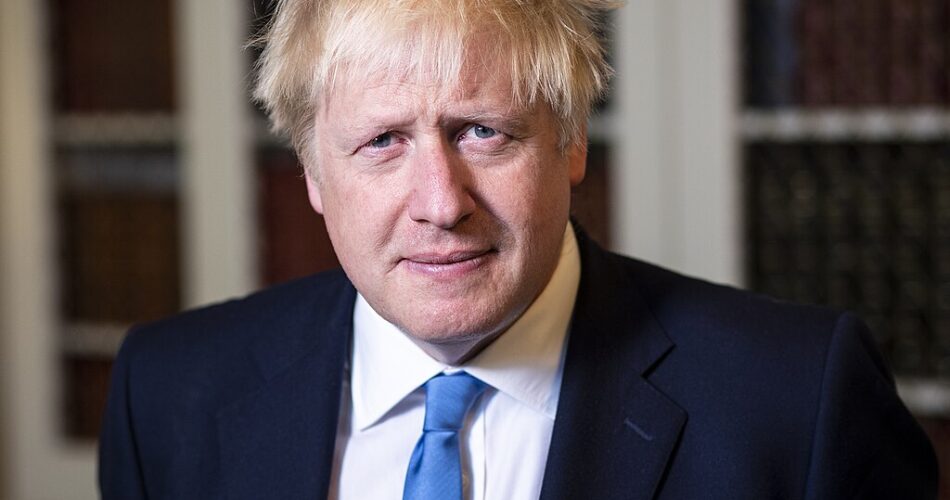Does a spiritual void make people overindulge?
Former UK Prime Minister Boris Johnson recently linked the country’s rising obesity rates to a lack of spiritual guidance, criticizing the Church of England (CofE) for not addressing people’s deeper emotional and spiritual needs. Johnson argued that church leaders have focused too much on political and social issues, such as Brexit, rather than providing spiritual support, leaving people to seek comfort in food. He suggested that the failure to fill this “spiritual void” has indirectly contributed to unhealthy lifestyle habits.
Johnson did not mince words, referring to the UK as a “land of fatsoes” and accusing the church of neglecting its role in society. He claimed the clergy should tackle societal challenges like obesity instead of focusing on matters like slavery reparations. Specifically calling out Archbishop of Canterbury Justin Welby, Johnson criticized him for addressing political topics rather than helping people address their inner struggles. He argued that spiritual fulfillment could alleviate the emotional factors driving people to overeat.
In addition to critiquing the church, Johnson blamed sedentary lifestyles and technology for the obesity crisis, particularly among young people. He reflected on his childhood, noting how obesity was rare in the past but is now widespread due to children spending excessive time on screens and being discouraged from outdoor activities. He also highlighted how older generations have become less active as they increasingly rely on technology.
Johnson’s remarks came as Archbishop Welby faced criticism over his handling of a sexual abuse case from more than a decade ago, which ultimately led to his resignation, effective January 2025. Despite calls for Welby’s resignation, his son defended the archbishop, saying his failure to ensure the case was reported to authorities was an oversight, not intentional negligence.
The Church of England did not issue a direct response to Johnson’s criticism. However, Johnson’s comments have reignited debates about the role of religious institutions in addressing societal issues and the broader cultural factors contributing to public health challenges like obesity.
